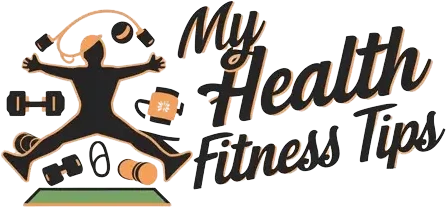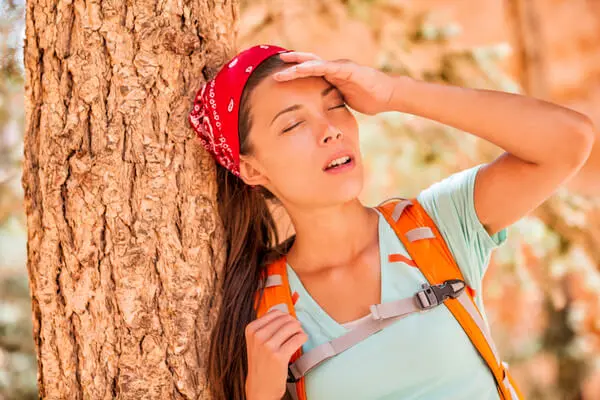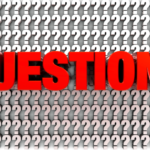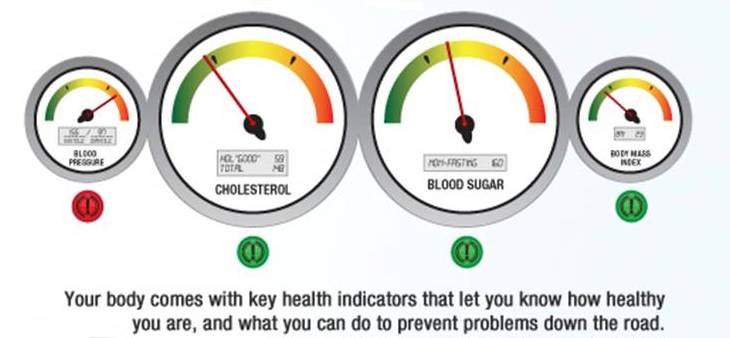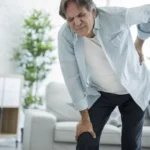When the body loses excess water and fluids that it takes in, it results in dehydration. Even minor dehydration might result in headaches, lethargy, and constipation. Dehydration is simple to treat, but it can be risky if it isn’t treated on time.
So how to tell when you are dehydrated? What are the 6 symptoms of dehydration that are often reported? Here are some of the common symptoms to keep in mind, so you can restore the condition before it’s late.
1- Urine is of dark color
The color of the standard urine should be a pale yellow tone, comparable to lemonade. If your urine has a darker tone, comparable to apple juice, it may suggest minor to moderate dehydration. Is there no urination at all? You’re probably terribly dehydrated.
2- Dry skin
Pinch the upper layer of the hand’s skin to observe what happens. If it goes slowly back, it means you’re moderately dehydrated. If your skin seems to clump together, you are very dehydrated.
3- Fast breathing and heartbeat
While exercising, it is normal to have an accelerated heart rate and fast breathing. Still, if the symptoms remain after you’ve settled down, it might be a sign of extreme dehydration.
4- Lightheadedness, dizziness, confusion
If you feel like you’re going to pass out at any minute, or if you’re confused about how you got somewhere or what you’re doing, you may be highly dehydrated.
5- Chills and fever
When the body does not contain normal fluids, it is difficult to maintain an average body temperature, leading to hyperthermia and fever-like symptoms such as chills.
6- Unconsciousness
If someone near you feels dizzy or overheated due to a high body temperature, they may be on the edge of passing out. Unconsciousness is caused by various circumstances, including low blood pressure, dizziness, etc. When combined with other indicators of dehydration, this might indicate a substantial fluid loss.
We recommend drinking enough water and trying pedialyte alternatives to solve dehydration issues.
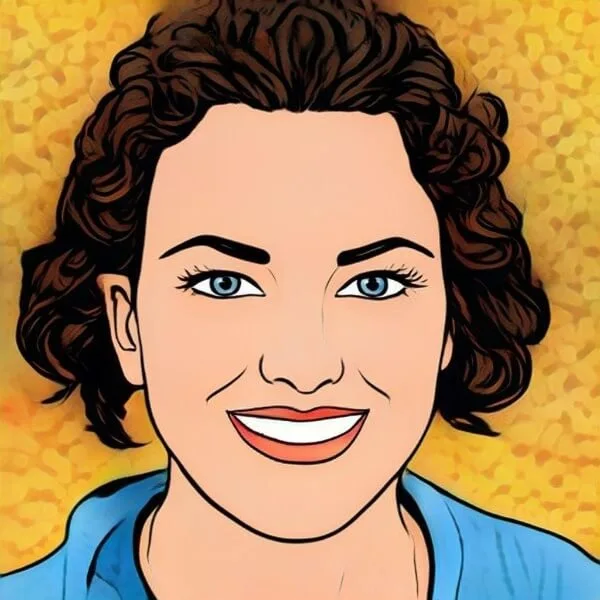
Alina Smith is a health blog author with an interest in the intersection of wellness and mental health. She’s worked as a writer, editor, and communications specialist for various healthcare organizations. Alina has also led projects to improve access to care for underserved populations in both rural and urban settings.
